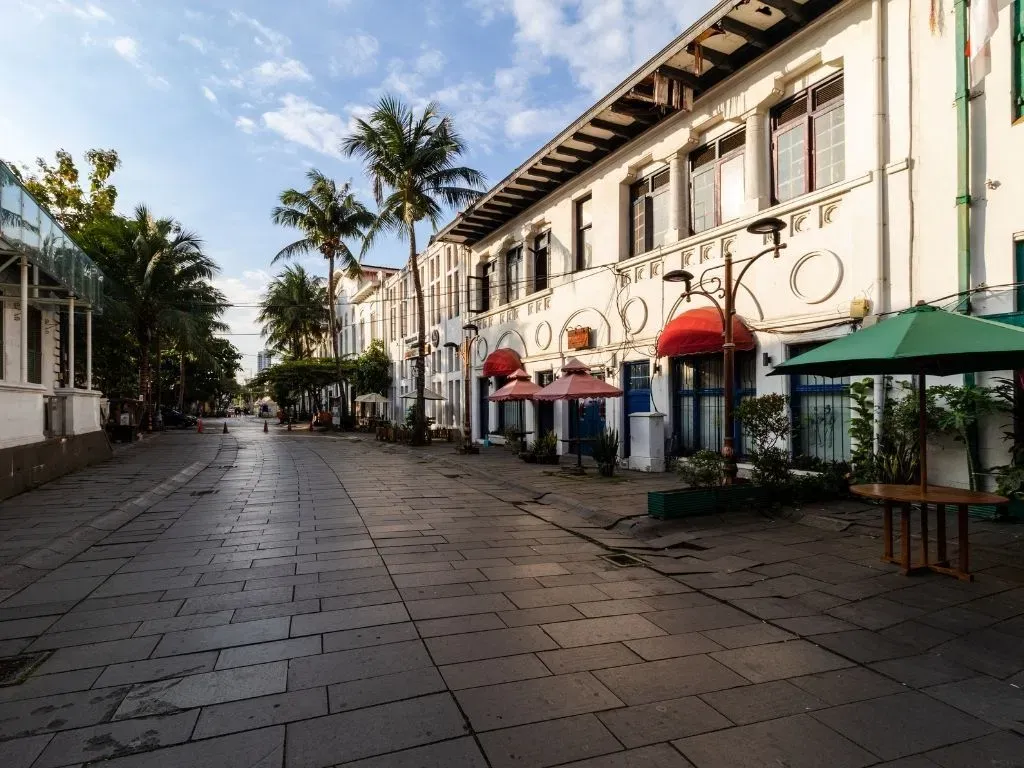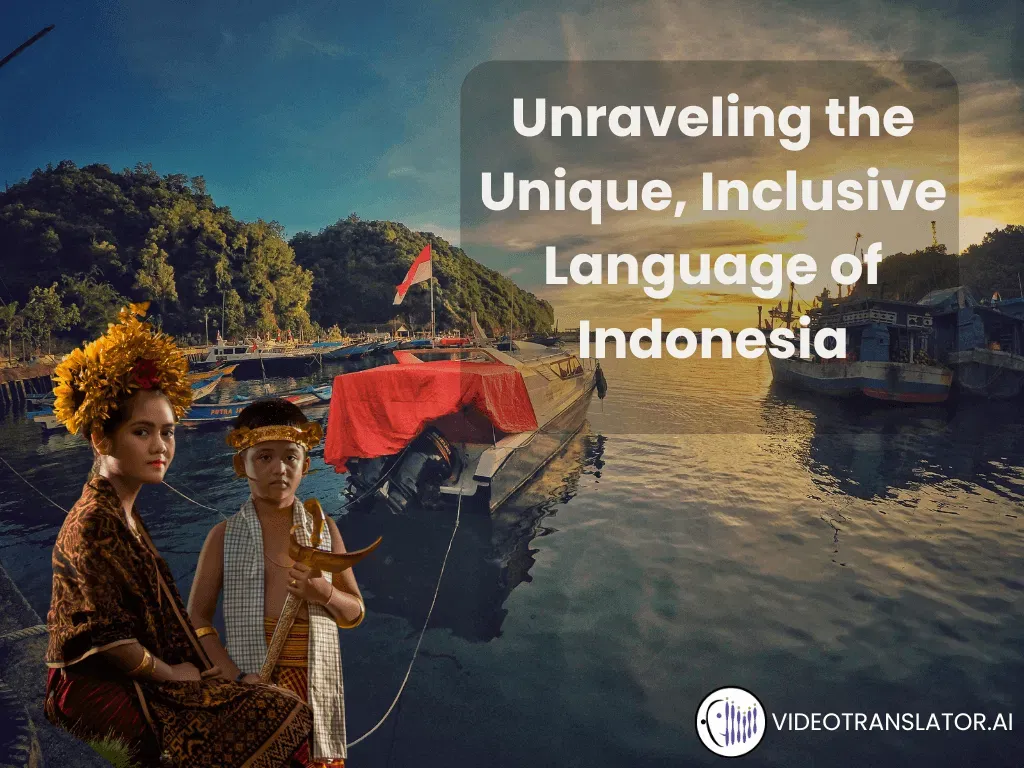Bahasa Indonesia, the official language of Indonesia, holds a special place in the hearts of its people. Its evolution and distinctive features make it a language that stands out in the world of linguistics. In this blog post, we’ll embark on a journey to explore what makes Bahasa Indonesia so unique.
What is Bahasa Indonesia?
Bahasa Indonesia, often affectionately called “Bahasa,” is the official language of Indonesia. It serves as the unifying thread in a nation comprised of thousands of islands, languages, and cultures. Acting as a linguistic glue, Bahasa brings together this diverse archipelago.

Brief History of Bahasa Indonesia
The roots of Bahasa Indonesia trace back to the 7th century when traders, explorers, and immigrants from various parts of Asia visited and settled in the Indonesian archipelago. This brought a multitude of languages and dialects into the region. Malay, in particular, became a lingua franca for trade and communication among these diverse groups.

The process of standardising and codifying this evolving language began during Dutch colonial rule. The Dutch administration recognised the need for a common language to facilitate governance and communication among the diverse ethnic groups. They encouraged the use of Malay as a medium for education, administration, and trade.
The Sumpah Pemuda, or Youth Pledge, in 1928 also played a role in making Bahasa Indonesia as the national language. After gaining independence in 1945, the Indonesian government took further steps to refine and solidify the language. A language unification congress in 1947 laid the foundation for the modern Bahasa Indonesia. The efforts to purify the language and eliminate foreign influences contributed to the creation of a language uniquely Indonesian.
Simple Example of Bahasa Indonesia
To grasp the essence of Bahasa Indonesia, let’s look at a simple example:
English: “I am Budi.”
Bahasa Indonesia: “Saya Budi.”
This example showcases the elegance and simplicity of Bahasa Indonesia. “Saya” translates to “I am,” while “Budi” is someone’s name. The Indonesian language does not have the verb to be and the verbs have no tenses. Verbs retain their original form regardless of the time used in a sentence.

For example: “I am writing” -> “Saya sedang menulis.”
In this example, we use the word “sedang” to inform that the reading is taking place right now. The verb “menulis” retains its original form.
Why is Bahasa Indonesia unique?
- Although there are more than 200 million speakers of Bahasa Indonesia, most of them speak Bahasa as a second language. Usually, Indonesians speak their mother tongue in the form of the local dialect, while Bahasa Indonesia is taught at school.
- One of the remarkable features of Bahasa Indonesia is its gender-neutral nature. Unlike many languages, Bahasa avoids gender-specific pronouns. The word “dia” is the same word used for “he” and “she,” which fosters inclusivity and respects diverse gender identities.
- The language’s straightforward structure and phonetic writing system make it accessible to learners. Pronunciation closely aligns with spelling, easing the learning process.
- Although easy to learn, standard Indonesian is primarily used for formal and official occasions. The colloquial form is more commonly spoken in everyday conversations. However, colloquial Indonesian is very different from standard Indonesian. This is because people like to mix words from different dialects in one sentence.
- It had undergone spelling changes. Those who are above 60 years old may recall how the sound ‘i’ at the end of a word used to be written as ‘ie’. Similarly, individuals from the 90s generation might remember that the names of Indonesia’s first and second presidents, Soekarno and Soeharto, were spelled with ‘oe’, pronounced as ‘u’ (Sukarno and Suharto). The most recent spelling guide, known as the “Pedoman Umum Ejaan Bahasa Indonesia” (General Guide of Indonesian Language Spelling), abbreviated as PUEBI, was introduced on November 26, 2015, supplanting the “Pedoman Ejaan Yang Disempurnakan” (The Guide for Perfected Spelling) that had been in use since 1972.
Conclusion
Bahasa Indonesia is not merely a means of communication; it’s a testament to Indonesia’s inclusive and diverse spirit. Its journey from a trading language to a modern, standardised form reflects the nation’s resilience and adaptability.
By embracing this unique language, we not only embark on a linguistic adventure but also enter the heart and soul of a culture as diverse and vibrant as the islands it encompasses. So, let’s celebrate Bahasa Indonesia and the rich tapestry it weaves through Indonesia’s history and future.



